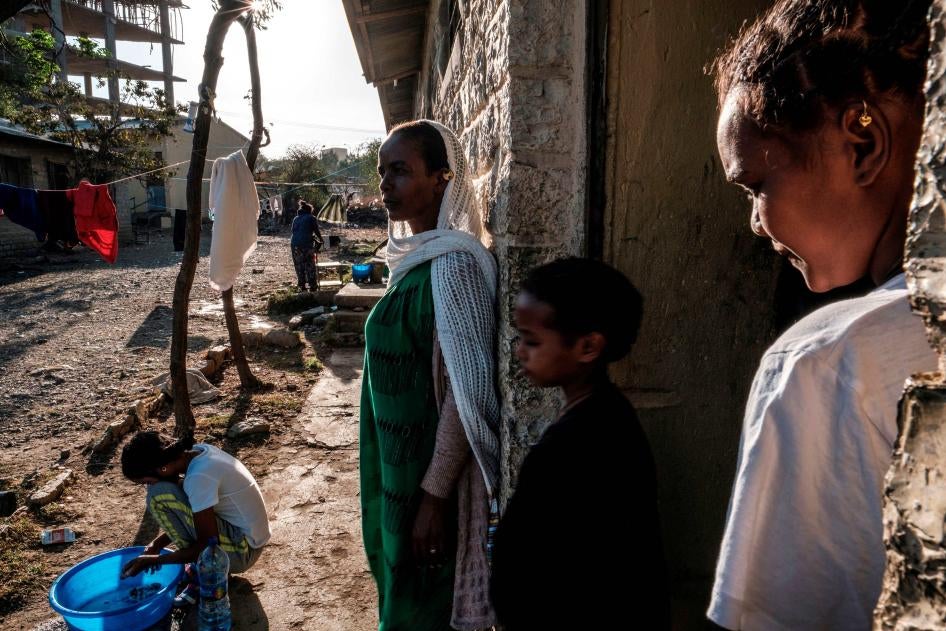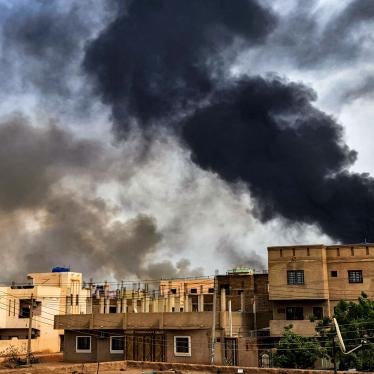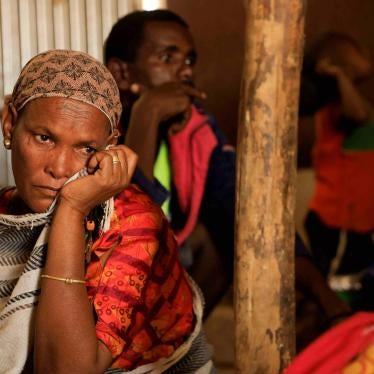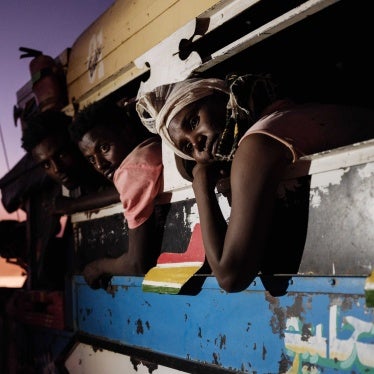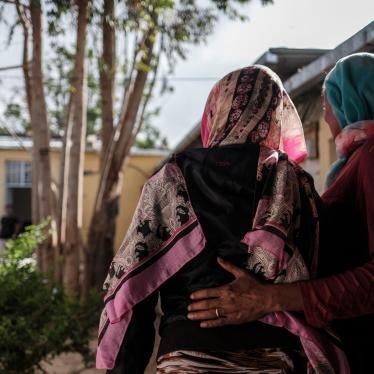On January 28, the United Nations Food and Agriculture Organization (FAO) awarded Ethiopian Prime Minister Abiy Ahmed the Agricola Medal, the highest award from the agency’s Director-General, for Abiy’s “contribution to rural and economic development in Ethiopia.”
The award may come as a surprise given Ethiopia’s dire humanitarian crisis and reports of widespread food insecurity. Recent warnings by Ethiopia’s own disaster risk management commission and the national food cluster that an estimated four million people need urgent food and nutrition assistance in Tigray, Afar, and Amhara, regions that have suffered from a devastating two-year-long armed conflict, as well as in parts of Oromia and the country’s southern regions.
During the armed conflict in northern Ethiopia that began in November 2020, the UN named Ethiopia as one of six countries with people at risk of starvation. In Tigray, the risk was not a byproduct of war, but rather the consequences of deliberate tactics adopted by Ethiopian government forces under Abiy.
Government and allied forces pillaged and attacked food systems, and in June 2021 authorities imposed an effective siege of Tigray. In September 2022, a report by an independent UN inquiry found that Ethiopian government tactics to “deprive the population of Tigray of material services indispensable to its survival” amounted to the use of starvation as a weapon of war and crimes against humanity. Throughout the conflict, world leaders, the UN and other international bodies did little to condemn these policies or take concrete measures to stop them, for example by triggering UN Security Council action on conflict-induced famine.
Even after the government’s siege eased with the November 2022 ceasefire agreement, reports emerged that authorities were diverting food aid meant for the hungry. Following these reports, the World Food Programme (WFP) and the US Agency for International Development announced in June 2023 that they would suspend food aid throughout the country.
Food insecurity continues in Tigray, Afar, as well as in Amhara, where ongoing fighting between Ethiopian government forces and armed groups is exacerbating needs.
For the millions of Ethiopians throughout conflict-affected areas struggling to address their basic needs, world leaders should recognize the reality of Ethiopia’s humanitarian catastrophe and the deliberate government actions that contribute to that suffering.

